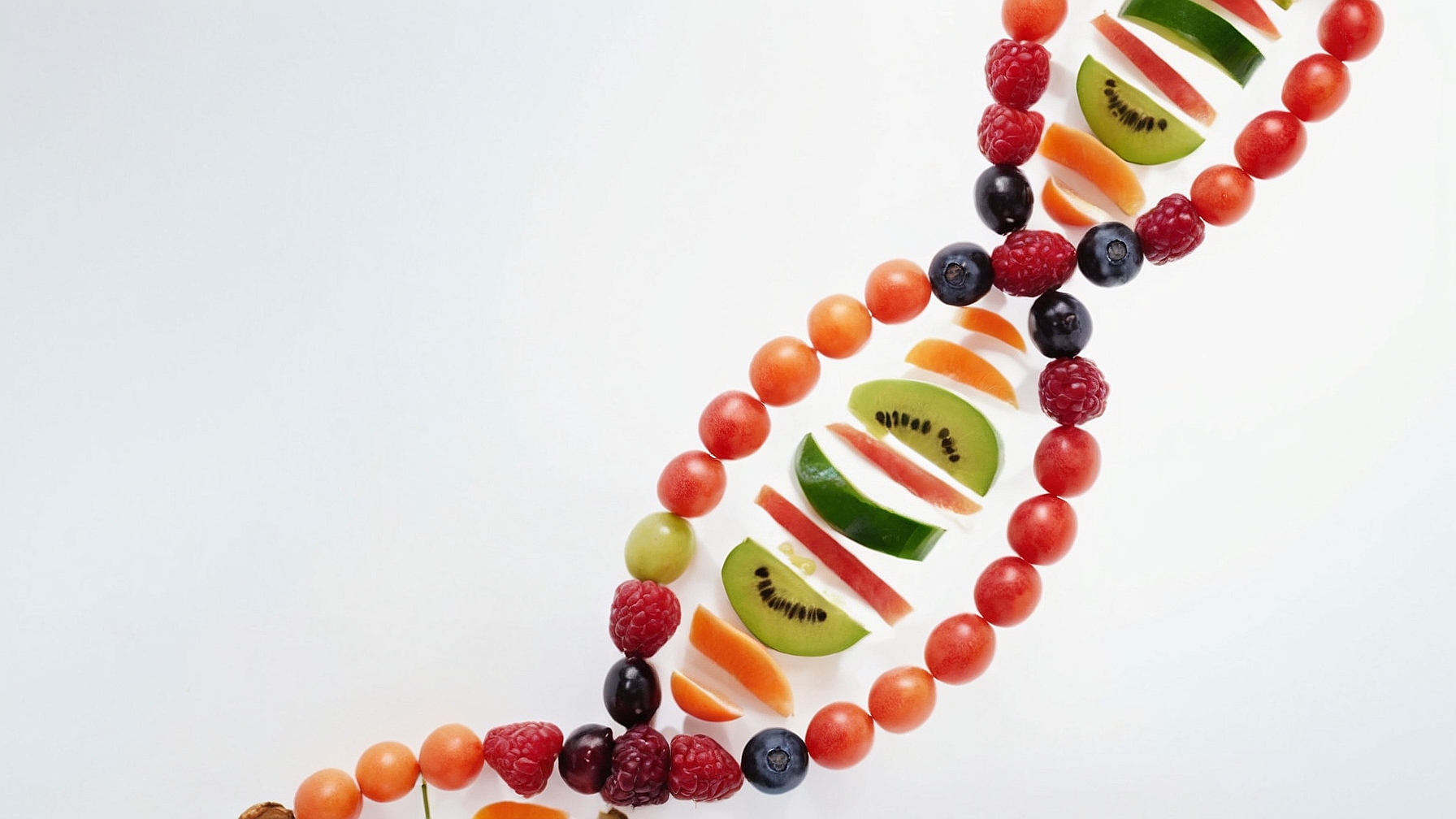Imagine a world where your diet isn’t just based on general advice like “eat more vegetables” or “cut back on sugar,” but is tailored specifically to your genetic makeup. Thanks to advances in genetics, nutrition, and technology, this future is becoming reality. Personalized nutrition, especially based on DNA analysis, is set to revolutionize how we think about food, health, and wellness.
What is DNA-Based Nutrition?
DNA-based nutrition is the idea of customizing a person’s diet based on their unique genetic profile. By analyzing specific genes, scientists can learn how someone processes nutrients, responds to different foods, and their risk factors for certain conditions. For example, some people metabolize caffeine quickly, while others are sensitive to it. Some may be prone to lactose intolerance or have a lower ability to absorb vitamins like B12 or D.
Instead of general nutrition advice, DNA-based diets offer personalized plans to optimize health, energy, and even athletic performance. This approach aims to prevent disease, promote longevity, and improve overall quality of life.
How DNA Testing Works
It typically starts with a simple saliva or cheek swab that you send to a lab. Scientists then analyze parts of your genome linked to nutrition. The results reveal important insights, such as your sensitivity to fats, carbohydrates, or certain minerals.
Based on this information, nutritionists can design meal plans tailored to your needs. Some companies even offer apps that update your recommendations as more research becomes available.
Benefits of Eating for Your DNA
Personalized nutrition offers many potential benefits. When your diet fits your genetics, you may:
-
Improve digestion
-
Boost energy levels
-
Manage weight more effectively
-
Reduce risk of chronic diseases like diabetes or heart disease
-
Maximize the results of your workouts
-
Support healthy aging
There’s also a strong psychological effect: many people feel more motivated and committed when following a plan designed specifically for them.
Challenges and Ethical Considerations
While the idea is promising, there are challenges to address. Nutrition is incredibly complex. Genes play a major role, but so do lifestyle, environment, and gut health. A DNA test alone can’t yet capture the full picture.
Data privacy is another important issue. Consumers must trust that their genetic information is stored securely and not misused. As DNA-based nutrition grows, clear regulations will be needed to protect people’s privacy.
Cost is also a factor. Although DNA testing has become cheaper, high-quality personalized nutrition programs can still be expensive, limiting access for many.
What the Future Holds
As research advances, DNA-based nutrition will become more precise and more widely available. Scientists are now studying epigenetics — how genes are turned on or off by factors like diet and lifestyle. This could lead to even more personalized and dynamic recommendations.
Artificial intelligence (AI) is also playing a role. AI can help researchers analyze huge amounts of genetic and nutritional data to find patterns and offer smarter advice. In the future, we may have apps that monitor our sleep, exercise, and habits and suggest meals that match both our DNA and our daily activities.
Grocery stores and restaurants might even start offering DNA-personalized food options, making it easier to stick to your ideal diet without complicated planning.
Conclusion
The future of personalized nutrition through DNA analysis is incredibly exciting. Instead of guessing what foods are best, we’ll be able to make choices backed by science, perfectly suited to our individual needs. Though challenges like cost and privacy remain, the potential benefits are too great to ignore.
In the coming years, eating for your DNA could become as normal as counting calories or tracking steps. It’s a future where food is more than just fuel — it becomes a tool to help us live healthier, longer, and happier lives.





